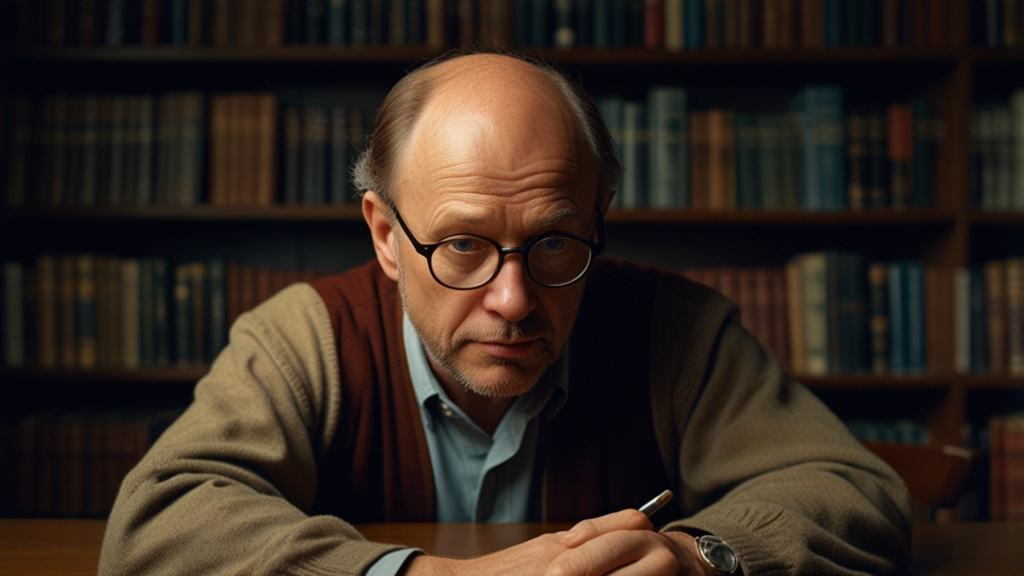Is Knowledge Really Power? The Epistemological Debate
The phrase "Knowledge is power" is a universally acknowledged maxim attributed to Sir Francis Bacon. But does knowledge truly equate to power, or is this an oversimplification? Delving into the realms of epistemology – the study of knowledge and belief – provides a nuanced perspective that challenges this conventional wisdom.
The Historical Context
Historically, the idea that knowledge equals power has underpinned many societal transformations. The Renaissance, the Enlightenment, and the advent of the scientific revolution all lent credence to this principle. Knowledge broke the chains of ignorance, leading to technological advancements, political reforms, and intellectual awakenings. The ability to understand and manipulate the natural world indeed translated into concrete power.
"To attain knowledge, add things every day. To attain wisdom, remove things every day," Lao Tzu remarked, suggesting that the mere accumulation of facts is insufficient for genuine power. True knowledge involves discernment and the practical application of information.
Modern Interpretations
In modern times, the equation of knowledge with power continues to hold sway. In the information age, knowledge can be a tool for economic leverage, technological innovation, and social influence. Companies like Google and Facebook wield immense power largely due to the vast amounts of data they collect and analyze.
However, the internet has also democratized access to information, blurring the lines between those who have knowledge and those who wield power. With information available at one's fingertips, does the simple possession of knowledge still confer the same level of power it once did?
The Counterarguments
Critics argue that knowledge alone is not sufficient for power. The effective use of knowledge requires critical thinking, emotional intelligence, and the capacity to act upon it. For example, a library full of books holds immense knowledge but possesses no intrinsic power. It's the application of this knowledge in meaningful ways – through innovation, governance, and personal development – that generates power.
Albert Einstein famously said, "Any fool can know. The point is to understand." Here, the distinction between mere information and actionable insight becomes crucial. Understanding entails a deeper grasp of context, causation, and practical implications, transforming raw data into powerful knowledge.
Epistemological Insights
Epistemology provides a rich framework for dissecting the relationship between knowledge and power. Philosophers argue that knowledge is justified true belief, but the pathway to justification can be complex. Reliable sources, empirical evidence, and coherent reasoning are essential ingredients in converting information into knowledge.
Moreover, the concept of power is multifaceted. Michel Foucault, a renowned philosopher, explored how knowledge systems can perpetuate power dynamics. According to Foucault, knowledge is not just a tool of enlightenment but also a mechanism of control and domination. In this view, power and knowledge are intertwined in a symbiotic relationship that can either liberate or subjugate.
Conclusion
In conclusion, while the aphorism "Knowledge is power" holds some truth, it's a simplification of a more intricate reality. Knowledge, in isolation, is a potential source of power, but its true potency is unlocked only when coupled with critical thinking, ethical considerations, and actionable intent. The epistemological debate enriches our understanding of this relationship, urging us to strive for wisdom over mere accumulation of facts.
As we navigate the complexities of the modern world, it becomes imperative to recognize that genuine power lies in the judicious use of knowledge, reinforcing the timeless pursuit of not just knowing, but truly understanding.










